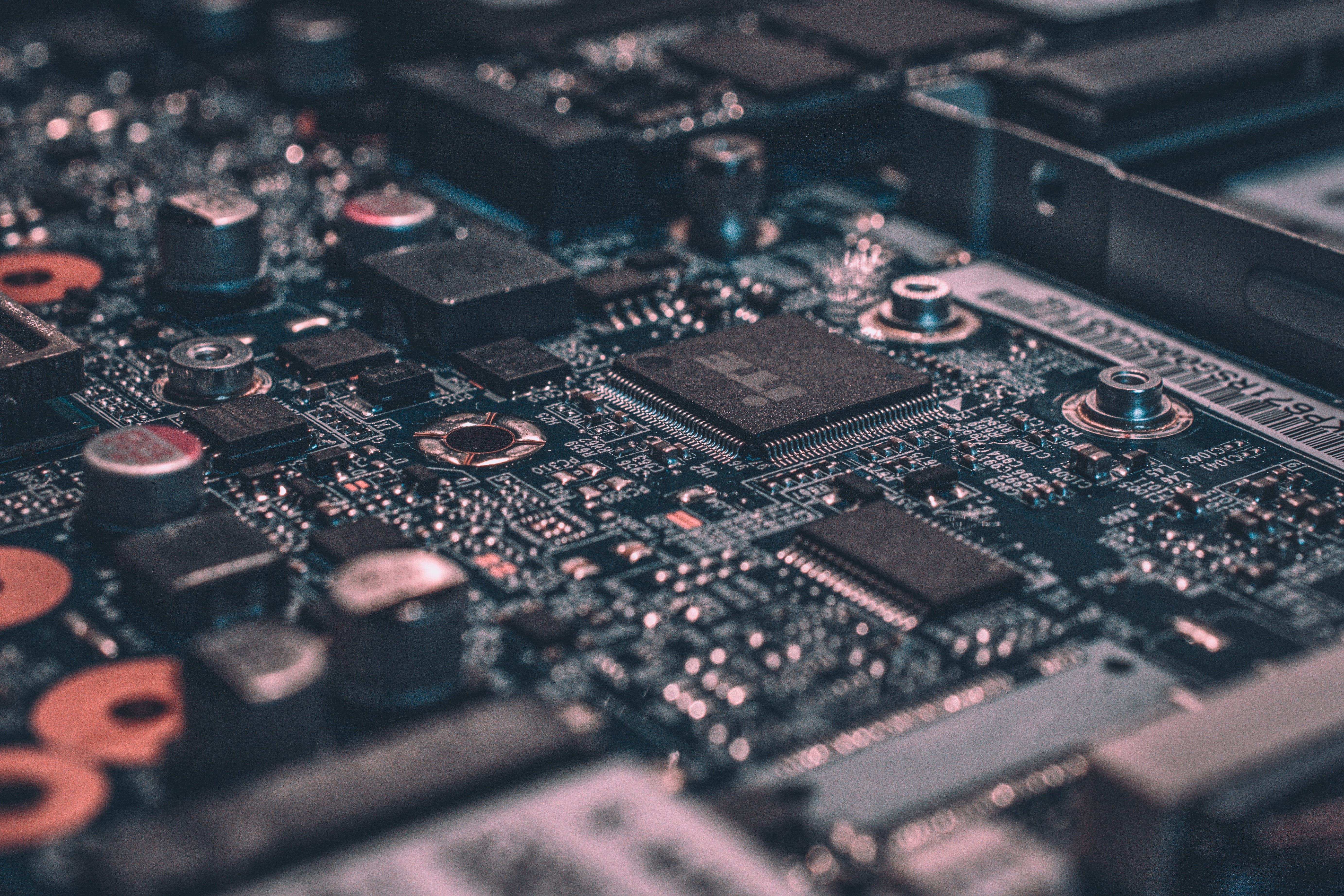
‘’Implanting microchips directly into your brain is a scientific trope’’ well yes, but actually no. Yes, as in it is definitely not a technology that is as of now prepared for a grand scale distribution, or a distribution whatsoever. No, as in we have done it, and it was a success. In fact, according to Blackrock Neurotech, 36 people have already made and have been implanted with a brain-computer interface.
What does this mean?
You can immediately put aside ideas of getting telekinesis, enhancing your mental abilities to rival the most performative of computers or any other superpower you might think of. The cyborgs (because let’s face it, even if it’s not outwardly visible you are putting tech in your brain) issued from this operation will not have such things at all.
In fact, the benefits that they will reap are much more mundane: microchips will not grant god-like powers, but will instead restore sight, hearing, or even motor functions. Or, as Blackrock Neurotech would put it themselves:
Our BCI innovations enable real people to walk, talk, see, hear, and feel again.”
Although the word ‘restoring’ does deserve a bit of specification. Fact is, the implants will not restore the damaged or missing brain tissue responsible for these functions, but will rather replace them entirely.
How? Virtually, it is not that different from how traditional electrodes operate. When you think, your neurons will produce electricity. The problem begins when there is nothing to transmit or receive these messages. This is exactly when the implant comes in. It serves as a receiver for the message and as a transmitter. Meaning that it will receive the intended movement from your neurons and then relay it to the electrical device who will move your, for example, paralysed arm around with the aid of an exoskeleton.
his technique has diverse applications of course. It can also grant somebody the power to operate a virtual interface with their thoughts alone. This is best illustrated with the experiment done by Neuralink on a monkey.
In a sense, we begin to lean more into science-fiction, as the brain chip now allows us to do things that aren’t even accessible to somebody with a fully functioning body. This is also where some people in the industry hope to go: beyond human limitations. They aim not only to repair defective bodily functions but also to enhance existing ones. Who knows, maybe we will finally be able to see the world through mantis shrimp eyes, through the twelve colour channels they possess instead of our limited three. As such, and now we’re leaning a little bit more into the superpower domain, this technology could also be used to enhance already existing abilities in the future.
Who is responsible for this?
There are a number of companies that busy themselves with developing this budding new technology, and they all have their own specialty. Black Neurotech, which has already been mentioned several times in this post, focuses on restoring movement and sensations to paralysed patients as well as speech. Paradromics also has its sights on movement restoration but also concentrates on hearing, Science Corp is concerned with restoring and enhancing eye-sight, and there are still many more.
In terms of who exactly invests in all this, we see familiar names pop up.

For example Jeff Bezos, Elon Musk, Bill Gates and Peter Thiel. All of them have invested a significant amount in the field, be it through financial support, or simply by starting their own company in the field. Whole companies and organisations also want their share of course, be it those who already specialise in the medical field like re.Mind Capital or those who just generally invest in upcoming technologies like Gigafund.
Photo de Giorgio Trovato on Unsplash
What the future holds
This post wouldn’t be complete without a little alarmist take. After all we’re talking about implanting technology directly in our brains, there are more than enough sci-fi books that explain why and how that’s not a very desirable thing to achieve. Nobody likes to be too dependent on anything exterior, as that means that once that thing is taken away, you are virtually helpless, or at least seriously handicapped. People also tend to fear the unexplored. Brain Implants thus manage to combine three things people are afraid of: the rampant, allconsuming progress of technology (to the point of modifying our own bodies), becoming dependent on said technology, and having unexplored consequences.

Would you feel comfortable that a part of yourself could potentially be corrupted like a computer could? Or knowing that the new gadgets you’re provided with, if they would stop working, would leave you completely stranded in a world that no longer feels familiar? Or that the electronic components implanted in your body come from a company that is owned by somebody who is inherently there to profit off of the amount of those ‘body parts’ they sell?
If these thoughts do not stir even the tiniest bit of anxiety in you, I am thoroughly impressed (and a bit alarmed at your phlegmatic attitude). However, before fallin in a spiral of ‘’what if’s’’ and doomsday scenarios, let’s try to come back down to earth.
The part where we come back down to earth
Firstly, fact is that for now at least, brain implants are destined to be used as prosthetics, not as gadgets to augment reality. Secondly, even if the future comes to pass where we do use these things as ‘’gadgets’’, we already live in a world permeated with technology. This technology is already owned by big firms who we know appropriate and sell our data.

I don’t say this to downplay the consequences of mass produced brain implants, but rather to relativise it. If this new market does open to the general public, there is no doubt in my mind that it will create its share of problems and ethical problems. We will have to rethink how things operate, as technology will literally become a part of us.
However, this need of rethinking the world is already a reality of today, so all in all, there’s nothing new under the sun.
Photo de Alec Favale on Unsplash


Thank you for this blog post! I agree that technology will keep progressing whether we fully have mapped the risks and consequences of it.
Whenever I think of brain chips like this in my brain, I get incredibly anxious from the idea of it malfunctioning and frying my brain or making my body shut down something important like breathing.
I think the restorative abilities of these chips are truly amazing, but I’m still a bit of an alarmist when it comes to all the things that go wrong, especially since we know so little about the brain still.
Although this is definitely going to become an inescapable part of everyday life at some point in time, I’m definitely in the camp that will hold off on trying these things out for any enhancing features for the foreseeable future (though the secret shrimp colours are very tempting).